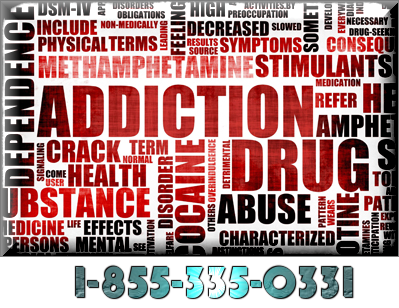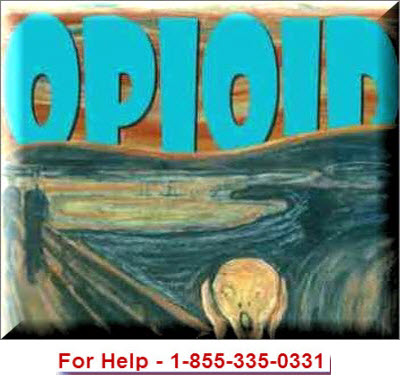An inside look at opiate addiction and treatment in Kelowna, British Columbia at Options Okanagan Treatment Center
Opiates, while perhaps not as widely talked about as some other drugs on the street, have one of the longest histories when it comes to drug abuse. The only substance with a longer history than opiates is alcohol. To drop a number on you, there are over one million people in the country that are currently addicted to opiates.

Opiates are a class of drug, which means there are many street drugs that fall into this category. Solutions for opiate addicts have been talked about for years, and of course there are substance abuse treatment centers to help those suffering from opiate addiction.

There have been new treatments made available to people, and older opiate treatments have been refined as well. One problem that arises is that many opiates are of course still used for medicinal purposes. Dosage under medical care isn’t going to cause major side effects, but addictions to surface while taking these prescription opiates.
Still, opiate addiction cannot be blamed on the introduction of opiates by medical professionals. The opiates are all over the streets, and they would still be there even if not given out as prescriptions as well.
Without medical regulation, people tend to take more of the opiates as they build a tolerance to the drugs. What classifies a person as an opiate addict? People that are opiate addicts often spend much of their time ensuring that they have the drug on hand for taking. They also spend much time trying to plan a recovery or to figure out how to cut back on their drug use. In a big way, they are in flux, lost, not knowing how to overcome their addiction problem.

Opiate addiction covers a wide spectrum of narcotics, from pills all the way to the top dog, heroin. Abusers of opiates can range from habitual pill poppers that still try to hash out a normal existence all the way to heroin addicts that are roaming the streets for their next fix.
As you can imagine, one situation can definitely lead to another over time and with influence. It’s easy for opiates to lead people to choose stronger opiates because of building a tolerance and running into the habits of other opiate users as they gather the drugs they need from the street.

When it comes to tolerance with opiates, it occurs by way of a person’s nerve receptors developing a resistance to the drugs. Of course the result is people take more of their opiates of choice, and an overdose can be the result.
The first part of drug abuse treatment when it comes to opiates is detoxification. A ton of withdrawal symptoms can come into play, and this can make people feel extremely uncomfortable of course. This is why addiction treatment for people that abuse opiates needs to be undertaken with medical supervision.

When seeking out treatment for opiate addiction, patients have to realize that there is not just one approach that works for everyone. In fact, the focus is on an individualized approach when patients are in an inpatient treatment center.
There are going to be physical symptoms of withdrawal and addiction, and of course there will be the psychological symptoms as well. Unfortunately, opiate addiction has often been dealt with by way of “maintenance treatment.” This means that the person would still get opiates but would be scaled back systematically and the monitoring of dosage would be handled by medical prescription.
In fact, methadone is a substance that is widely used by opiate addicts these days to help keep their addiction at safe levels. There are hopes that more people, with newly discovered addiction treatment methods, will end up kicking the habit for good instead of having to opt for “maintenance treatment.”

Our Treatment Location:
Options Okanagan Opiate Treatment Center
551 Sherrydale Crescent, Kelowna, British Columbia, V1V 2E6
Toll Free Phone Number : 1-855-335-0331
